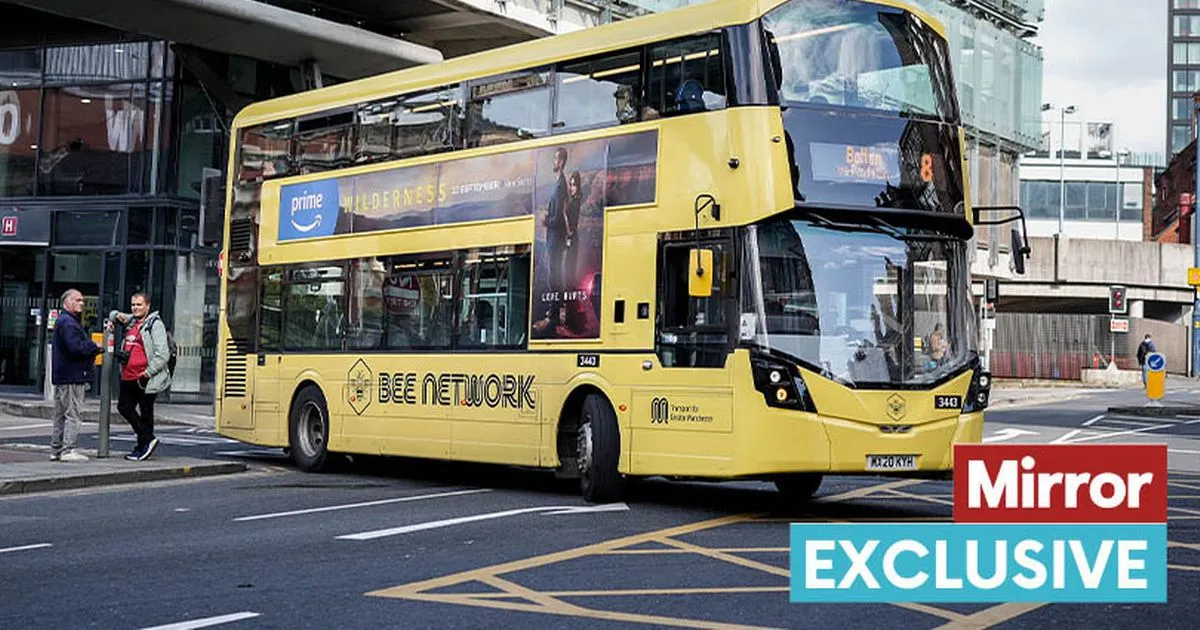Buses were privatised under Margaret Thatcher in the 1980s
But since 2017, metro mayors have had the power to run their own bus networks.
Manchester mayor Andy Burnham launched the hugely successful Bee Network last year - which increased reliability, introduced 24/7 services and boosted passenger numbers.
He’s pledged to complete the process of taking Manchester’s buses under public control by next January (2025).
Similar plans are underway in the Liverpool City Region and West Yorkshire.
It’s understood Labour’s rule changes, to be tabled in the Commons on Tuesday, would lift the ban on local councils setting up community bus companies, allowing more local leaders to take more services into public control.
[…]Thousands of vital routes have been axed - that’s what happens when control is handed to those who put profit above passengers
By Louise Haigh, Transport Secretary
[…]
I’ve heard countless stories from people let down, of communities cut off, about opportunities missed, all due to poor bus services. I know how much this matters.That’s why this Government was elected. To deliver on our mission to repair and rebuild Britain. To return our country to the service of working people. To fix what is broken.
And I am not wasting any time. My pledge to Mirror readers is simple: better buses are around the corner.
I promised to move fast and fix things, and next week I will be setting out the first stop on the journey to better buses, with steps to take back control of our buses.
For too long Private operators have been allowed to pick and choose whatever routes they want, regardless of what communities need. We want to see every area have the power to build their own public transport network in a way that works for them
[…]
Four decades of deregulation has seen thousands of vital routes axed, and a staggering 1.5 billion fewer bus journeys taken each year.This wasn’t inevitable. It is the result of political choices.
It is what happens when control of services is handed to those who put profit above passengers.
When whole communities are cut off and isolated, without a thought to the damage this does to local economies.



Also did not apply to London. Hence, TFL.
I remember when it changed. For about a decade we had huge increases in buses. In Oxfordshire, we had about 5 companies competing for routs between all the small villages.
By the end of the 90s. They all merged into one parent company. Still running buses under different company names. And the number of villages with 0 buses or one a week is absurd.
The basic result is the council has to pay more for bus routes that are unprofitable. But makes nothing from the profitable commuter routes.